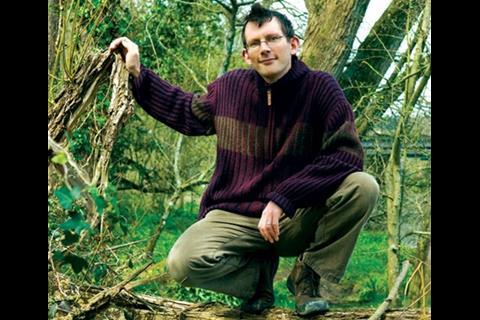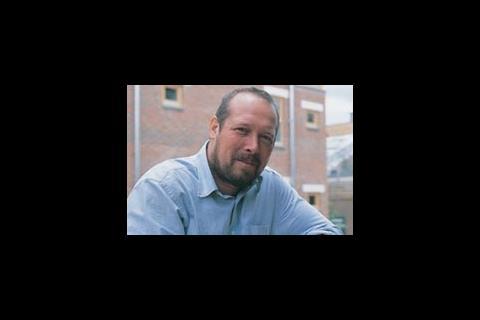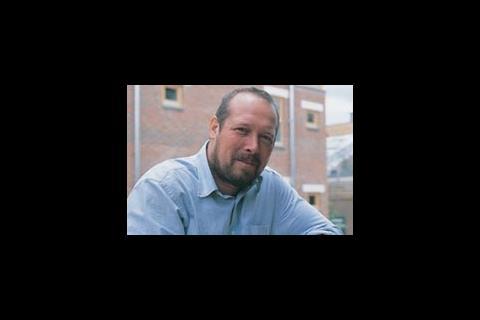Eco architect to team up with 'post-oil' community to develop zero carbon housing and a factory for production of components for his RuralZED houses in Totnes
Eco architect Bill Dunster is set to work on a bold development in Totnes that will be the first major project built according to Transition Town principles, a movement that aims to prepare communities for a post oil world.

A local development trust is putting together a scheme for an eight-acre brownfield site in the centre of the town. Called the Atmos Project, it will be a mixed use scheme consisting of homes, business units and arts facilities and will be constructed from locally sourced, low environmental impact materials.
Factory plan
Dunster has agreed to construct a factory to produce the components for RuralZED, a zero carbon home for rural communities if the Atmos Project gets the green light from funders and planners. Dunster also plans to build zero carbon homes on the site to showcase the RuralZED concept.We want to introduce a benign industry for the local community that can create a sense of place as well as making the technology systems we have designed. It's a very unusual project
Bill Dunster
Dunster said he was excited by the opportunity of teaming up with the Transition Towns movement. He said: "We are currently looking for development opportunities where we can build a permanent showcase both in terms of a community and in at the same time manufacturing and holding stock for all the elements of the RuralZED kit. It's a regeneration project that builds itself."
Dunster added that the project was a uniquel one. "We want to introduce a benign industry for the local community that can create a sense of place as well as making the technology systems we have designed. It's a very unusual project."
Totnes is the first transition town and is the home of Rob Hopkins, the founder of the transition movement who was interviewed in last week's �ڶ����� magazine. He is also speaking at the Think conference on Thursday 8 May.
Postscript
For more information on the Think 08 event go to the





























5 Readers' comments